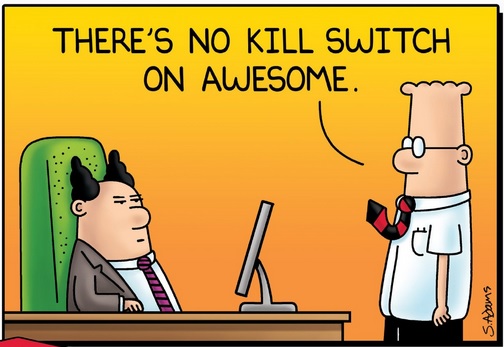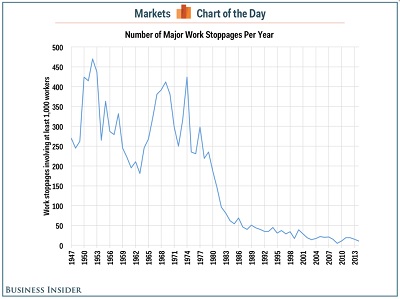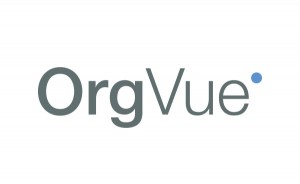If you’re like everyone else in the free world, March brings a little bit of a grind. The hope and promise of the new year has settled into a familiar routine, and you need something fresh to keep you interested at work as a high-end HR pro, right?
Of course you do – that’s why Fistful of Talent is back with a webinar that’s designed only for the real players in HR who like to think long and hard about talent/performance in the companies they serve. Join us on Wednesday, March 25th at 2pm EST for The Difference Between Performance and Potential: A 9-Box Primer for Smart HR Pros and we’ll show you how to take the next step in your performance management platform by sharing the following goodies:
—A rundown of how smart companies create 2-dimensional performance management systems using performance vs potential, and how that approach sets the table for a host of talent management activities using something called the 9-Box Grid.
—A deep dive into the differences between performance vs potential in any company, including a roadmap for how any company just getting started with performance vs potential can begin building the process to consider both inside their organization.
–We’ll break up the seriousness of the topic by considering where Individual Members of the Jackson Family, the 3 Versions of Van Halen and Husbands/Boyfriends of the Kardashians fall on the performance vs potential scale. You know, just to help you relate. And to stop taking ourselves too seriously.
–Since most of you have more experience with performance than with potential, we’ll share some thoughts and data related to common traps and derailers when you build out your definition of potential at your company (hint – the more you tie it to what it REALLY takes to be successful at your company across all positions, the better off you are)
-We’ll wrap up our time together by sharing a list of 5 Things You Can Do From a Talent Management Perspective Once You’ve Launched Performance Vs. Potential/The 9-Box. Hint – All of the things we’ll share make you more strategic and less transactional as an HR pro, and they let you have high level conversations about talent with the leaders of your company.
You’ve been aware of the ying/yang relationship between performance and potential for years – why wouldn’t you want to help your company get started to understand the same set of truths? Join us on Wednesday, March 25th at 2pm EST for The Difference Between Performance and Potential: A 9-Box Primer for Smart HR Pros and we’ll give you a great roadmap to refreshing how your company views performance and talent.
REGISTER NOW



 orkforce Planning together in a single product. Gartner named them the ‘Cool’ product of 2014, and ‘Cool’ is an understatement!
orkforce Planning together in a single product. Gartner named them the ‘Cool’ product of 2014, and ‘Cool’ is an understatement!